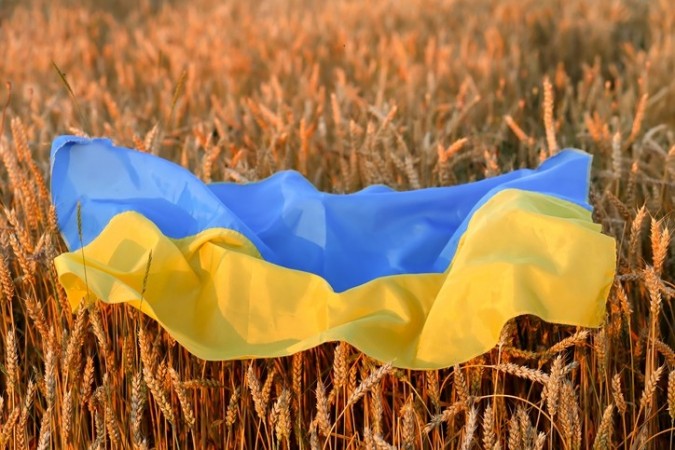
The implications of Putin's war will be seen in areas where food insecurity is already severe, as well as in food-importing countries that are particularly vulnerable to supply disruptions and price rises.
According to Caitlin Welsh, Director of the Global Food Security Program at the Center for Strategic and International Studies in Washington, Russia's invasion has put global stocks of grains and oilseeds in danger and caused energy prices to skyrocket, adding fuel to the fire and risking pushing food insecurity skyward.
The consequences of agricultural disruption in the Black Sea region could take months, if not years, to manifest. Beyond the pain at the pump, Americans will continue to face sticker shock at the checkout counter, Welsh predicted, as global food and fuel supply issues result in even higher food costs.
Global food insecurity is already at a 10-year high, according to an underreported fact. Prior to Russia's invasion of Ukraine, the pandemic's aftereffects such as lost jobs and wages, supply chain disruptions, and food price instability, raised the number of individuals who were food insecure to new highs, according to Welsh.
Despite enormous global food inventories and record-low fuel prices, the rise in food insecurity occurred. Shocks to global agriculture markets can have far-reaching consequences. Reduced output from major suppliers such as Australia, Burma, Russia, and others resulted in price hikes and protests in nations ranging from Haiti to Cote d'Ivoire to over 40 others in 2007 and 2008.
Russia-Ukraine: Peace critical for sustaining recovery, says Nirmala Sitharaman
Oil prices rising due to tensions between Russia and Ukraine